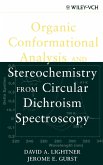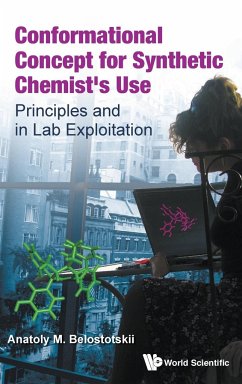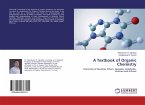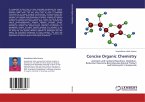Organic chemistry is the study of the structure, properties, composition, reactions, and preparation of carbon-containing compounds, which include not only hydrocarbons but also compounds with any number of other elements, including hydrogen, nitrogen, oxygen, halogens, phosphorus, silicon, and sulphur. Stereochemistry deals with three dimensional representation of molecule in space. This has sweeping implications in biological systems. For example, most drugs are often composed of a single stereoisomer of a compound. Among stereoisomers one may have positive effects on the body and another stereoisomer may not or could even be toxic. An example of this is the drug thalidomide which was used during the 1950s to suppress the morning sickness. The drug unfortunately, was prescribed as a mixture of stereoisomers, and while one stereoisomer actively worked on controlling morning sickness, the other stereoisomer caused serious birth defects. The study of stereochemistry focuses on stereoisomers and spans the entire spectrum of organic, inorganic, biological, physical and especially supramolecular chemistry.
Bitte wählen Sie Ihr Anliegen aus.
Rechnungen
Retourenschein anfordern
Bestellstatus
Storno








